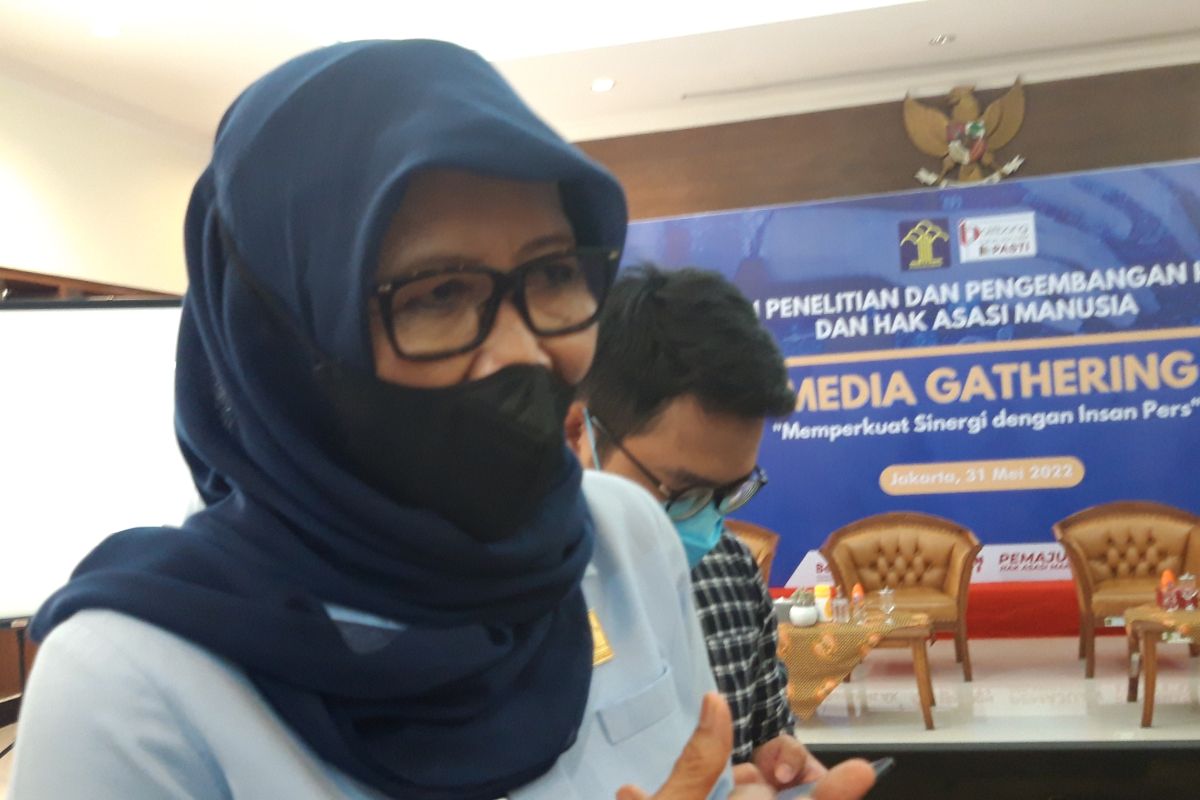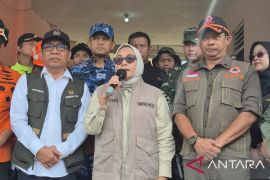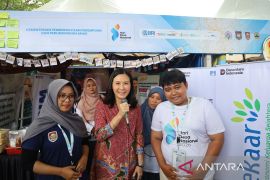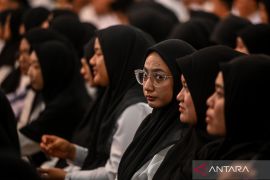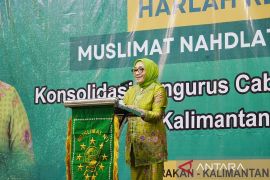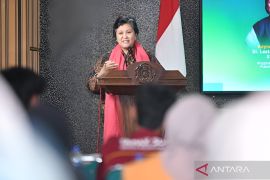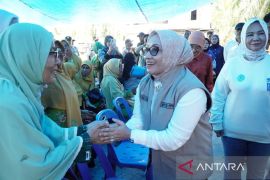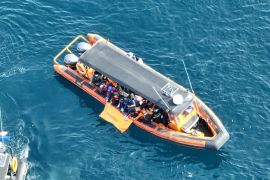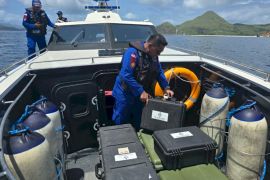"This theme is brought up to respond to one of the main agendas during Indonesia's Presidency in the G20 forum, which is transformation of the digital economy," the agency's head, Sri Puguh Budi Utami, noted here on Tuesday.
The G20 is an international forum comprising 19 countries that work together to handle major issues. Indonesia is holding the presidency of the grouping this year.
The role of women was discussed through the 17th edition of Researcher Talks (OPini) themed, "Women's Real Role in G20 Agenda: Economic Development through Technology."
The Indonesian government has encouraged every country's leader in the G20 forum to participate in the development of an inclusive economy by advancing micro, small, and medium enterprises (MSMEs), she stated.
According to data from the Ministry of Cooperatives and Small and Medium Enterprises, 64.5 percent of MSMEs owners are women.
Thus, there is huge potential to improve women's real role in global economic recovery.
While more than half of the MSMEs owners in Indonesia are women, there is still a group of women, who do not yet have adequate access to financing and the digital ecosystem, she stated.
One of the reasons for this is because of the gap in access to technology that women experience.
According to the Statistics Indonesia's (BPS') National Social Economic Survey (Susenas) in 2019, a persistent gap exists in internet access for women from 2016 to 2019.
In 2016, the number of female internet users were 7.6 percent fewer than their male counterparts. The gap decreased in 2017, wherein female internet users were 7.04 percent fewer than male users.
This figure continued to decline to 6.34 percent in 2018 and 6.26 percent in 2019.
To this end, it becomes important for all parties to see further the root cause of women's problems, challenges, and opportunities in building an inclusive economy, Utami remarked.
With this, in future, women will become more involved in various sectors, especially in the development and advancement of MSMEs in the country.
"Hence, we discuss how to empower women through bolstering access to technology to improve their resiliency during the pandemic," she remarked.
Related news: Women's crucial role in achieving interfaith harmony, well-being
Related news: G20, BDF suggested to build strategic partnerships on gender equality
Related news: Digitalization can ensuresustainability of women, youth-run MSMEs
Translator: M Zulfikar, Fadhli Ruhman
Editor: Sri Haryati
Copyright © ANTARA 2022
